Friendly Visitors program provides path to form a friendship and stave off social isolation.


Friendly Visitors program provides path to form a friendship and stave off social isolation.
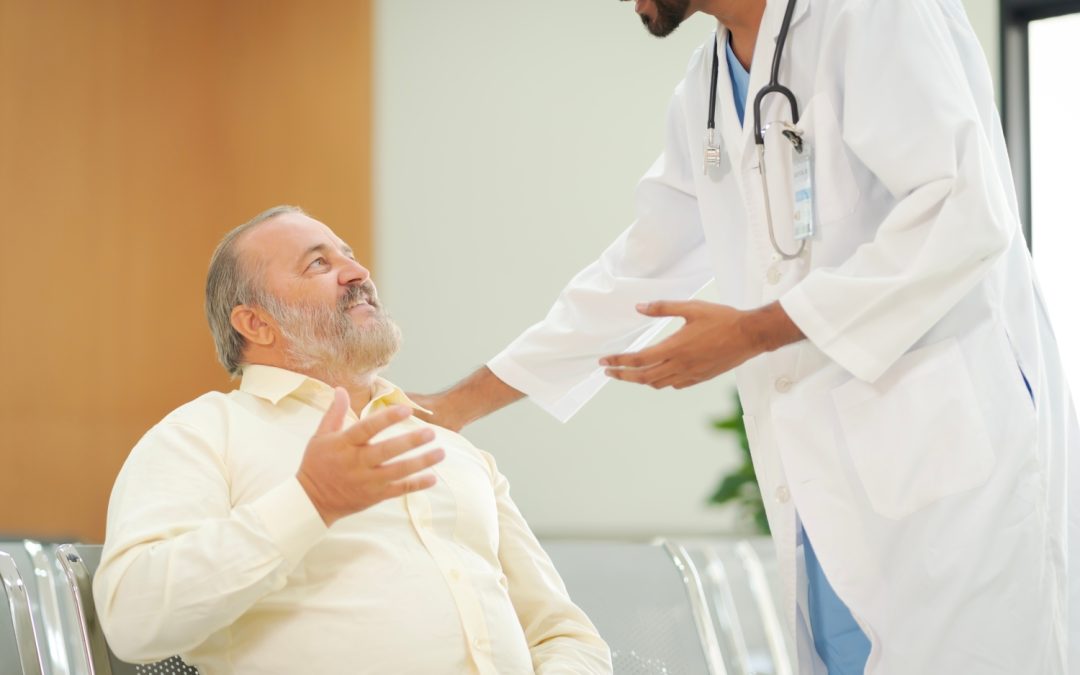
‘A more comprehensive policy approach is needed to leverage effective engagement and coordination across stakeholder groups.’
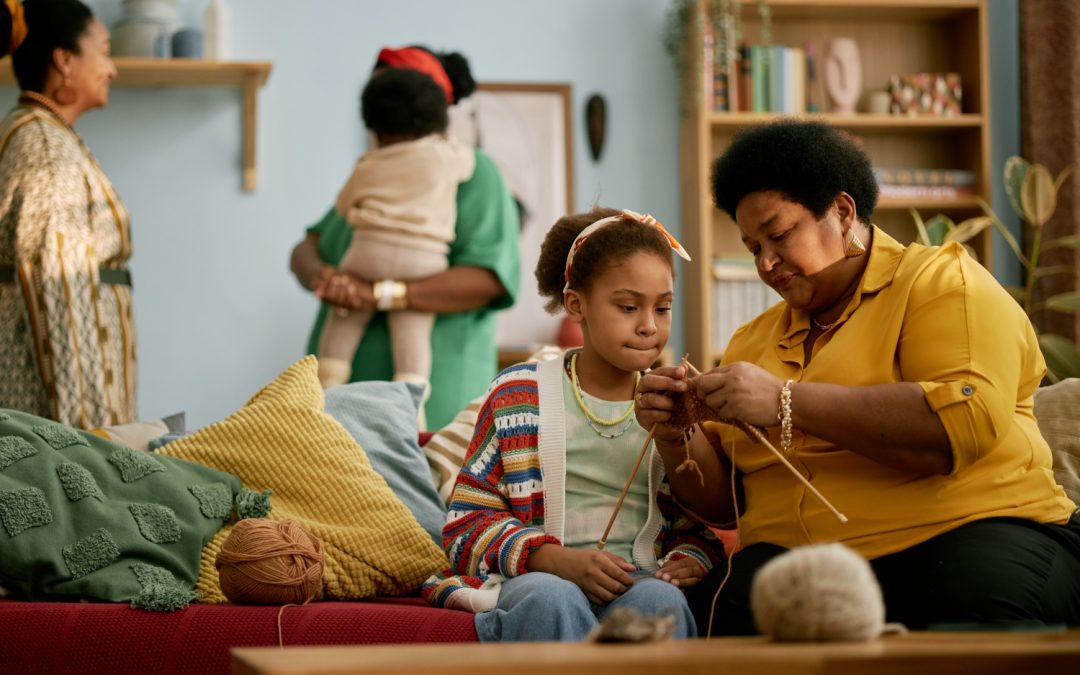
Family caregiving and the practice of belonging.
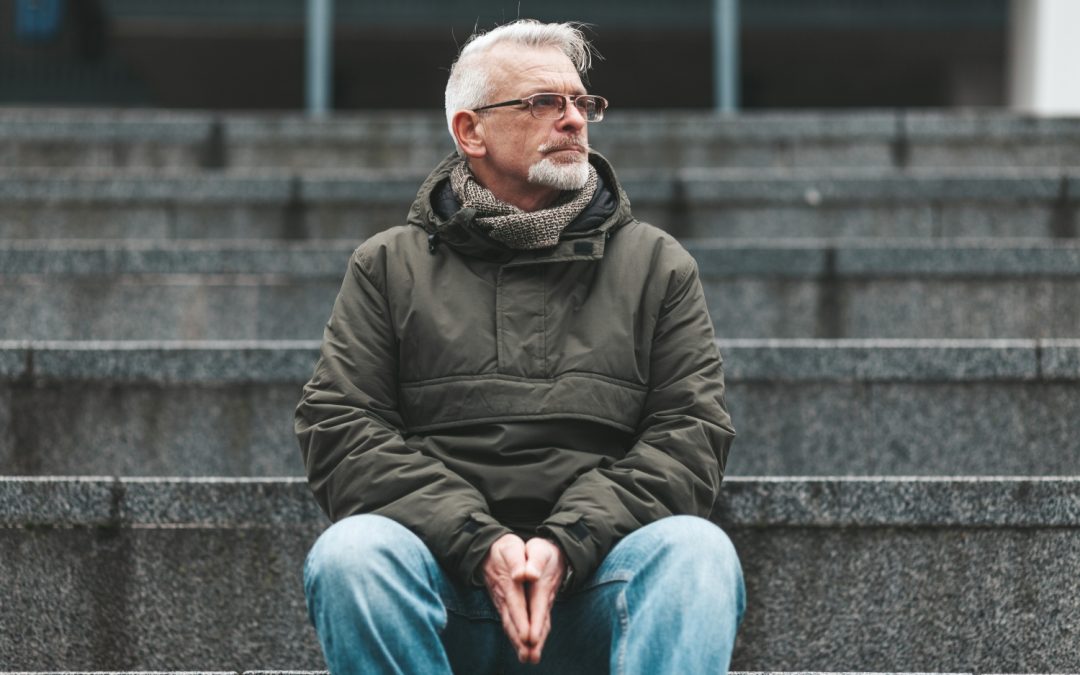
Experts explain how rejecting the fear of missing out can improve the quality of our lives.

Providing a framework on food choices for optimal dietary quality.
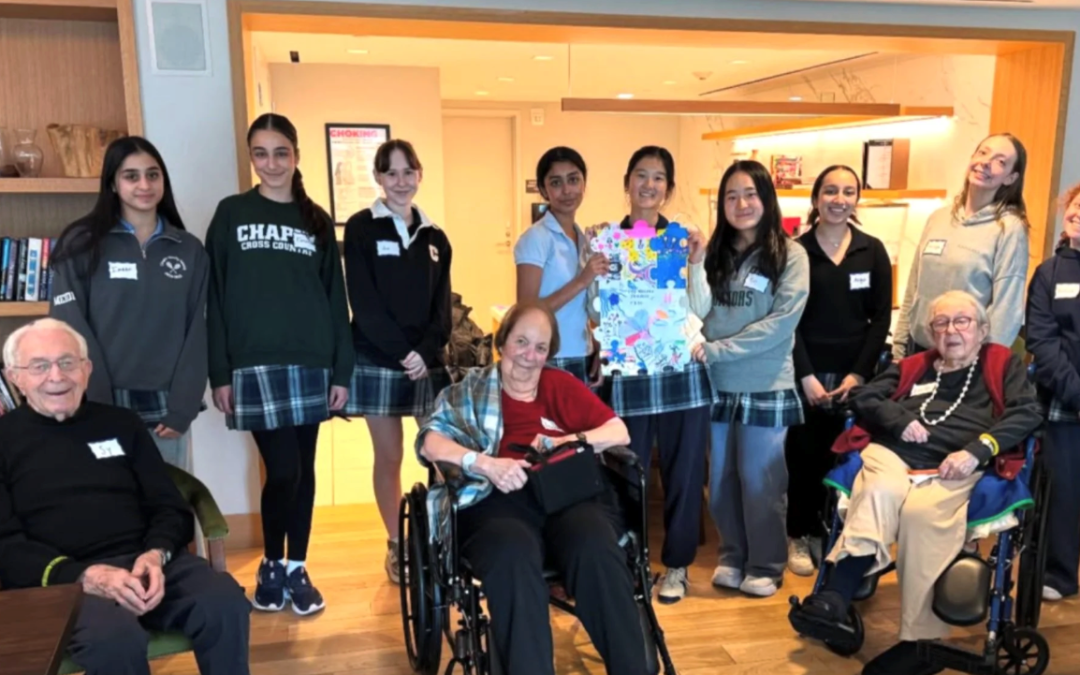
How community-based interventions to tackle loneliness can decrease the risk of neurodegeneration among older adults.
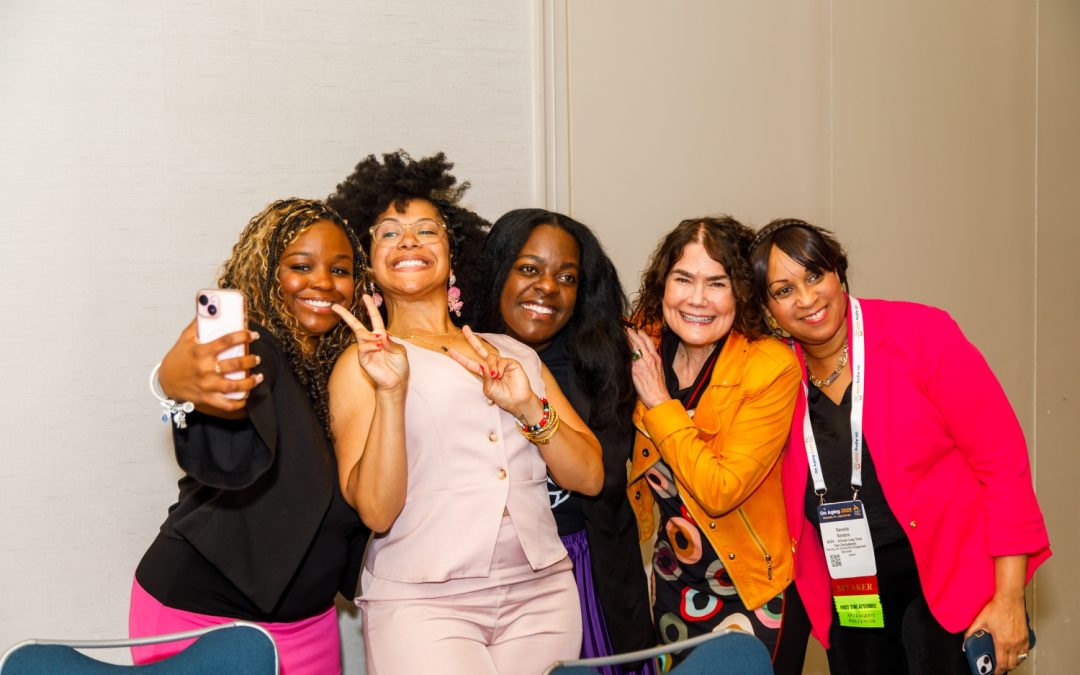
Creating the Expanding Age Advocacy guide held lessons in accurately capturing real-life narratives and why this can foster action.
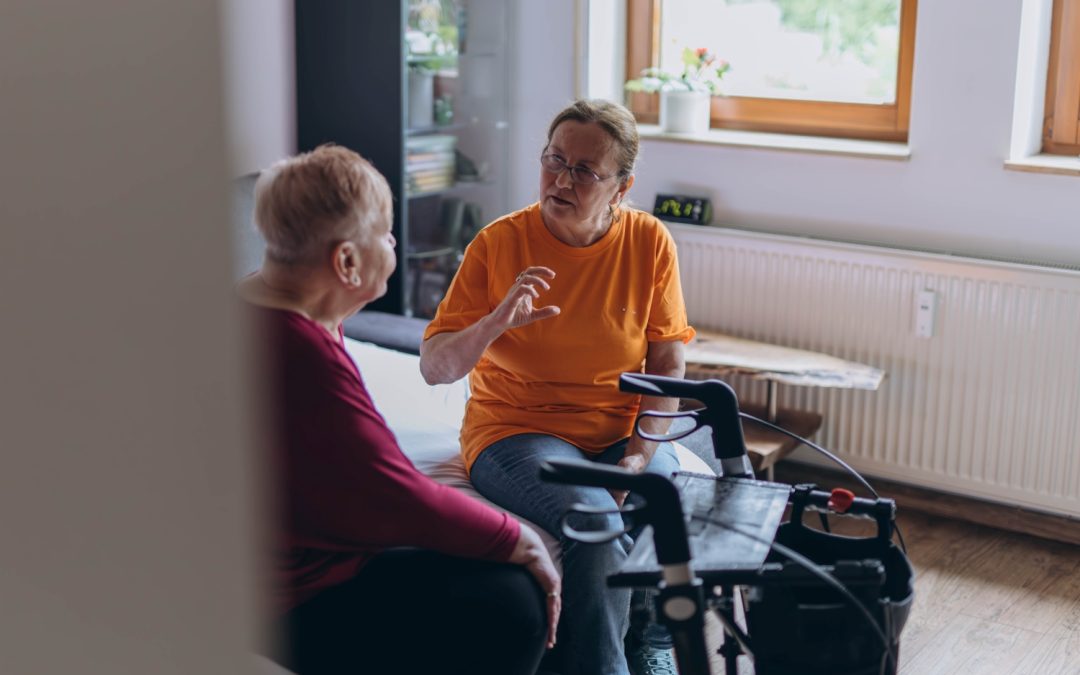
Who tends to become disabled, what benefits are available for caregiving, and how might benefits impact household income long-term?
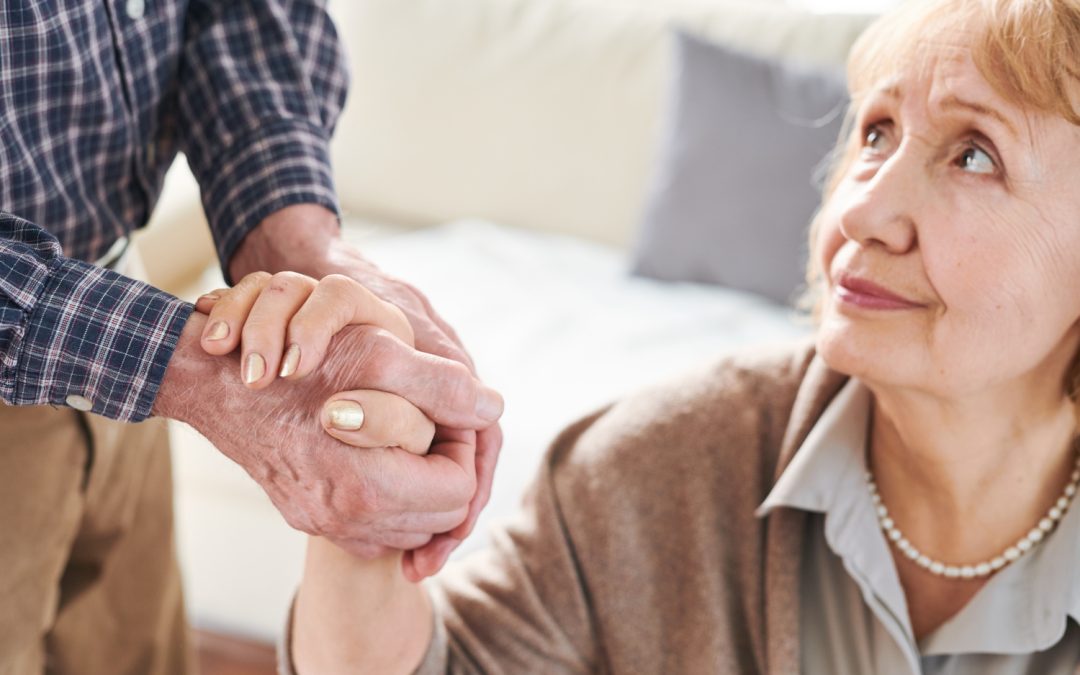
Caregivers often turn to Social Security payments to make ends meet, leaving them in a vulnerable position later in life.

Women are more likely to receive care, and many other findings from a study of HRS, ATUS, and CPS data.
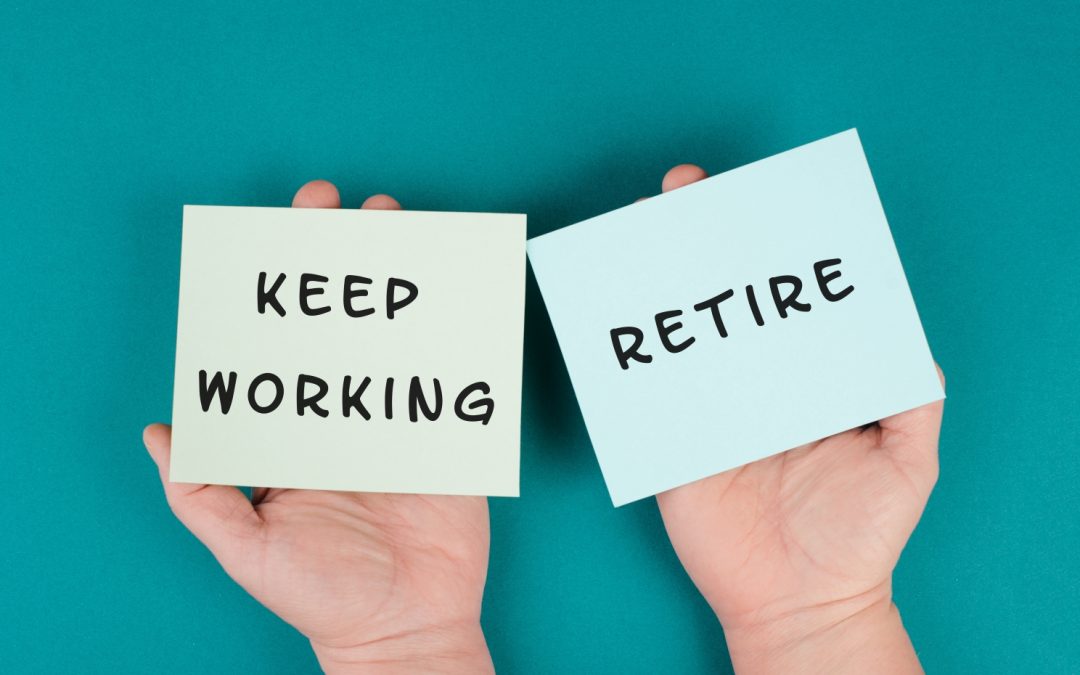
What lower-income workers and retirees need to know.
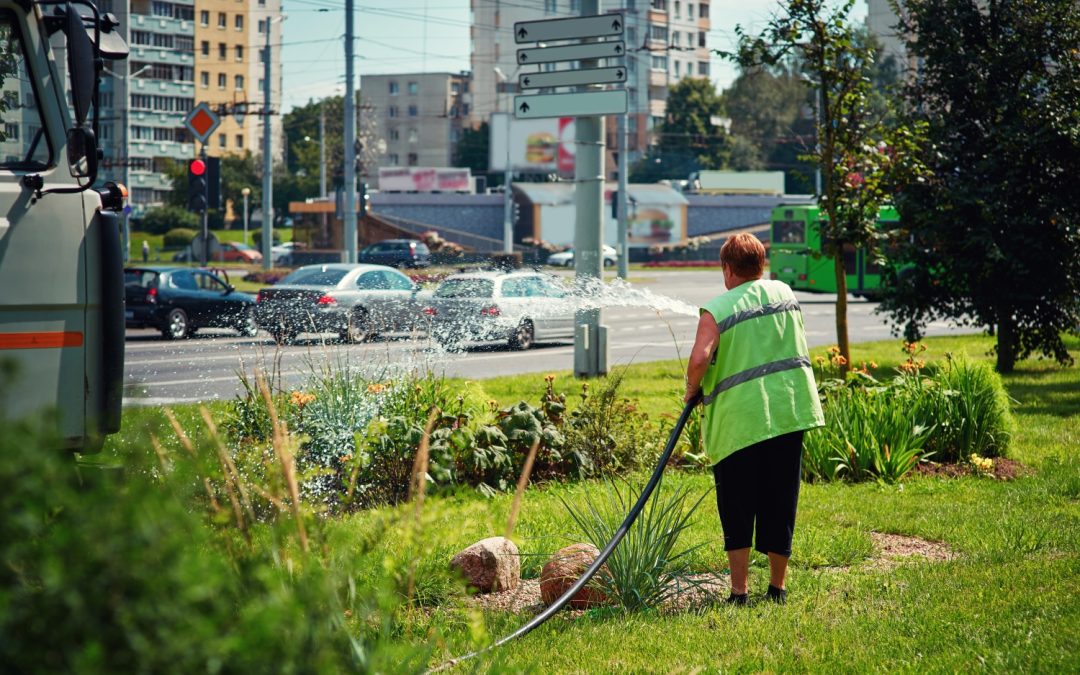
As temperatures rise and our labor force ages, protecting workers from extreme heat on the job becomes crucial.
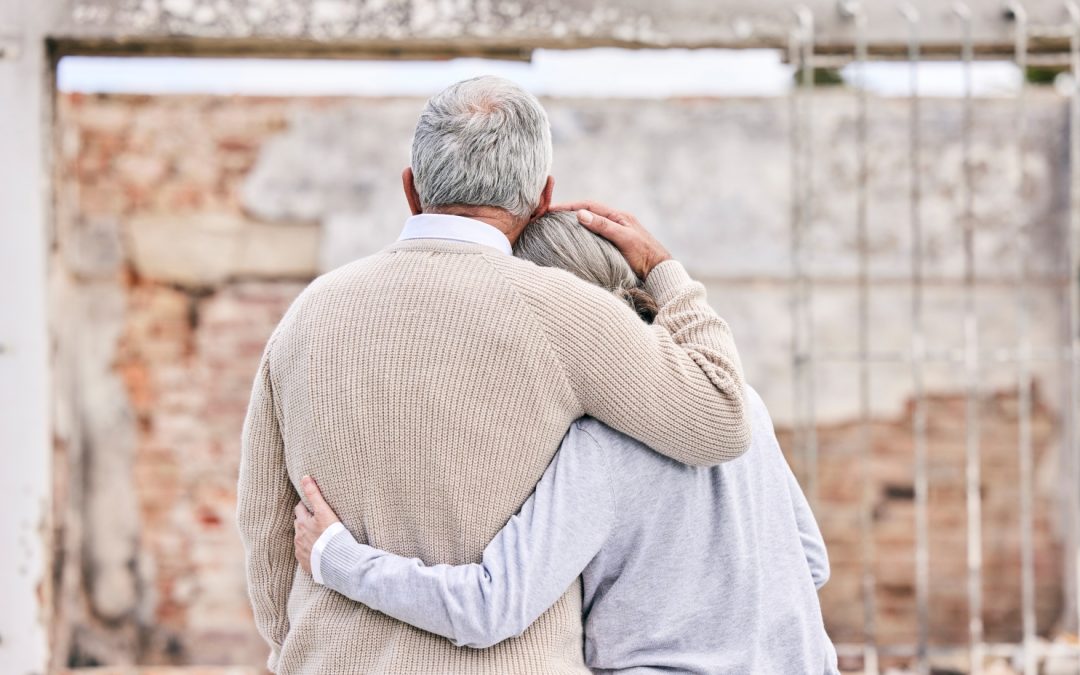
Disparities in natural disaster displacement among older Americans and their impact on well-being.
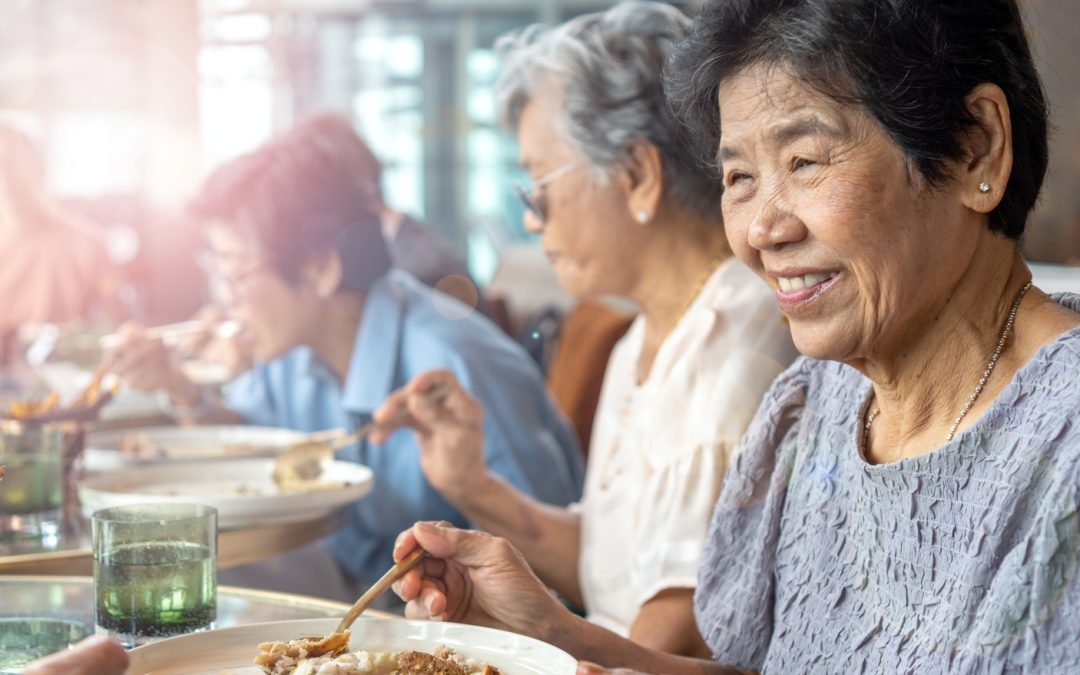
A new book proves, via extensive interviews and research, how other countries outdo the U.S. in social networking, and how we might follow suit.
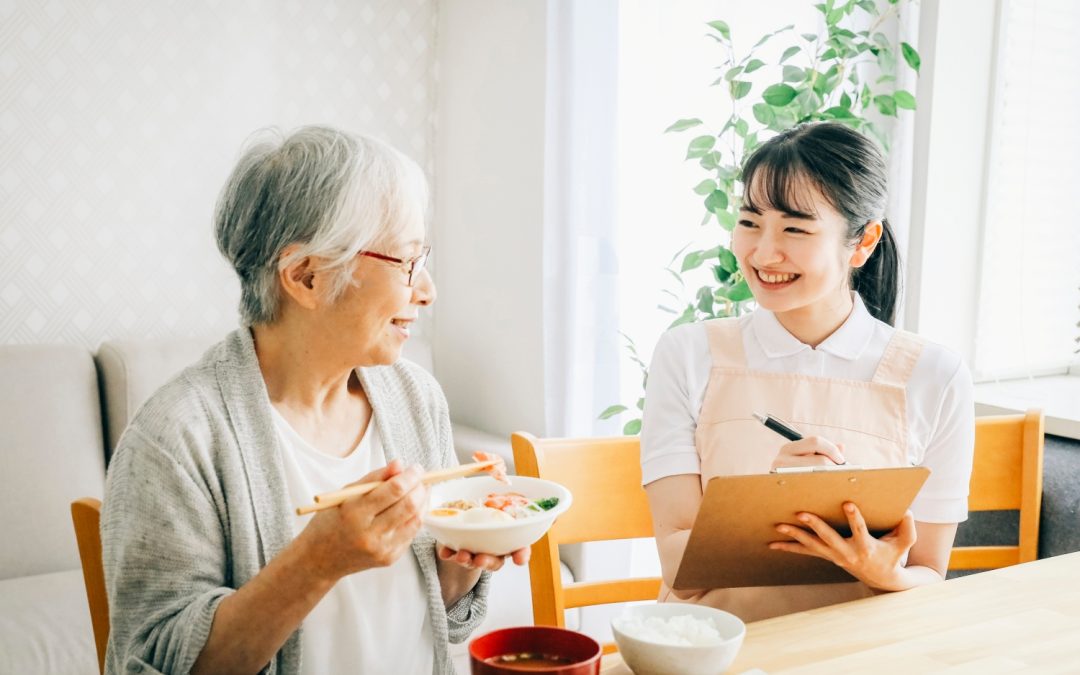
A Nov. 5 deadline looms for CMS program applications to make rural America healthy again via prevention, access, tech and workforce development.

When good intentions meet structural limitations.
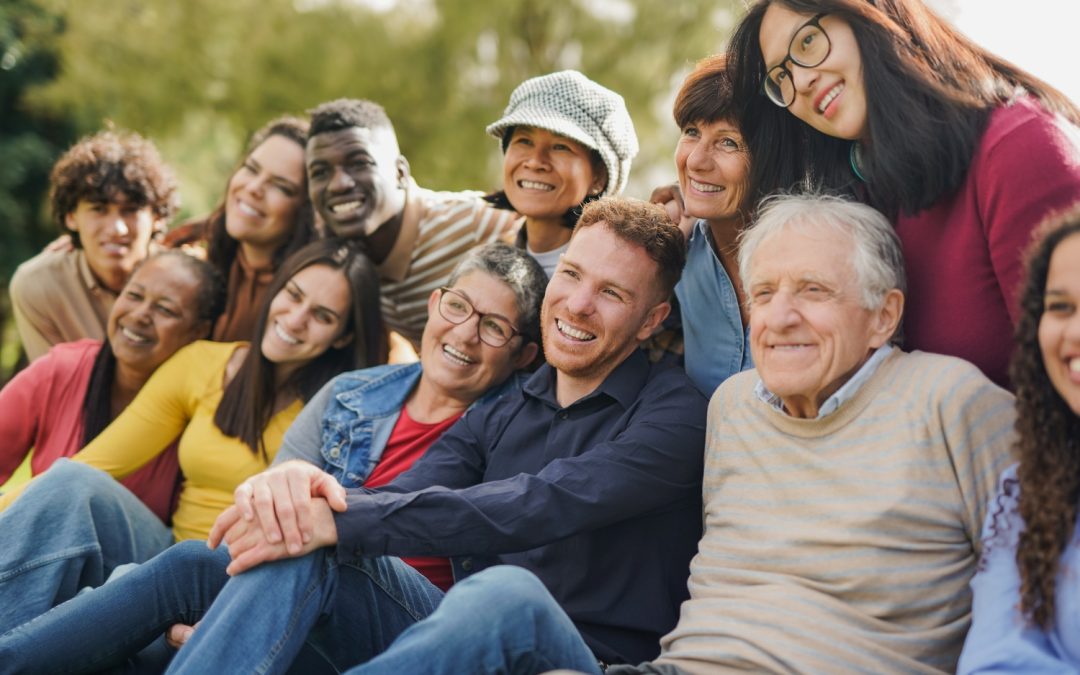
We need to bring everyone into the circle, creating environments where people of all ages and backgrounds have a sense of belonging.

The On Aging theme of belonging should be the core of aging services and advocacy.

Increased life expectancy, longevity medicine, potential limits on childbirths, what could it all mean?

While we obsess over fat bears for fun, let’s lend some compassion to older people struggling with obesity and take action on the TROA bill.